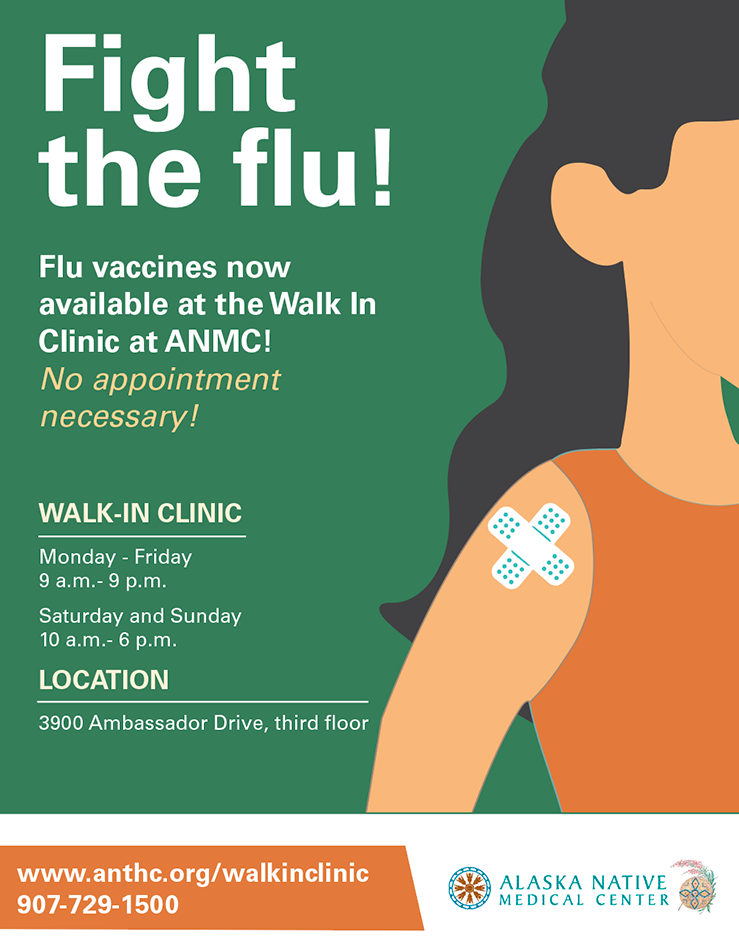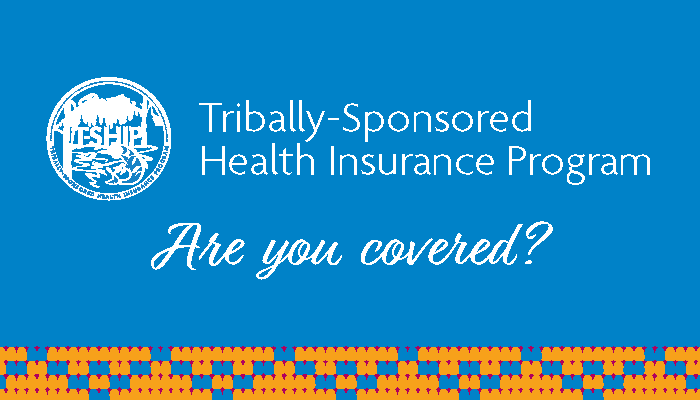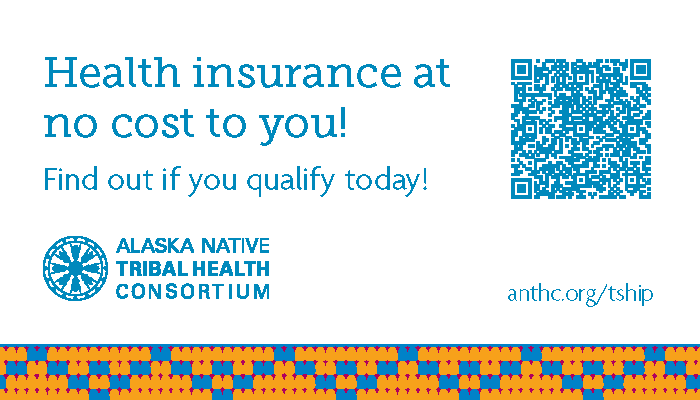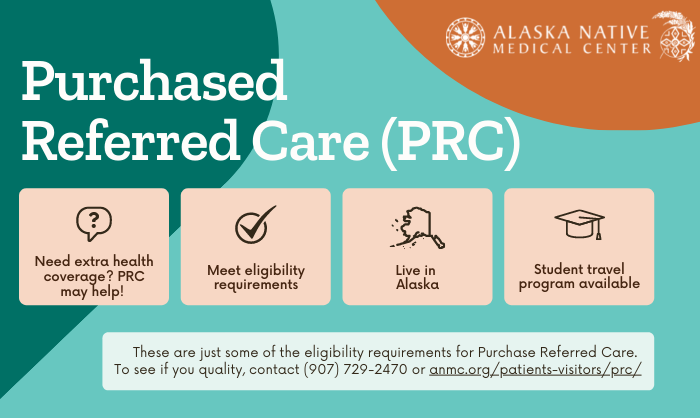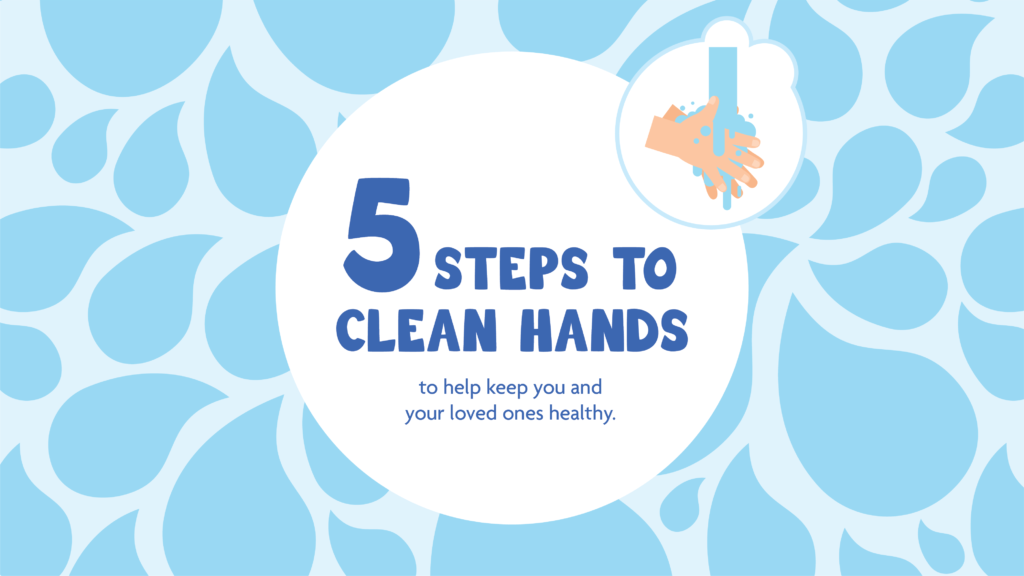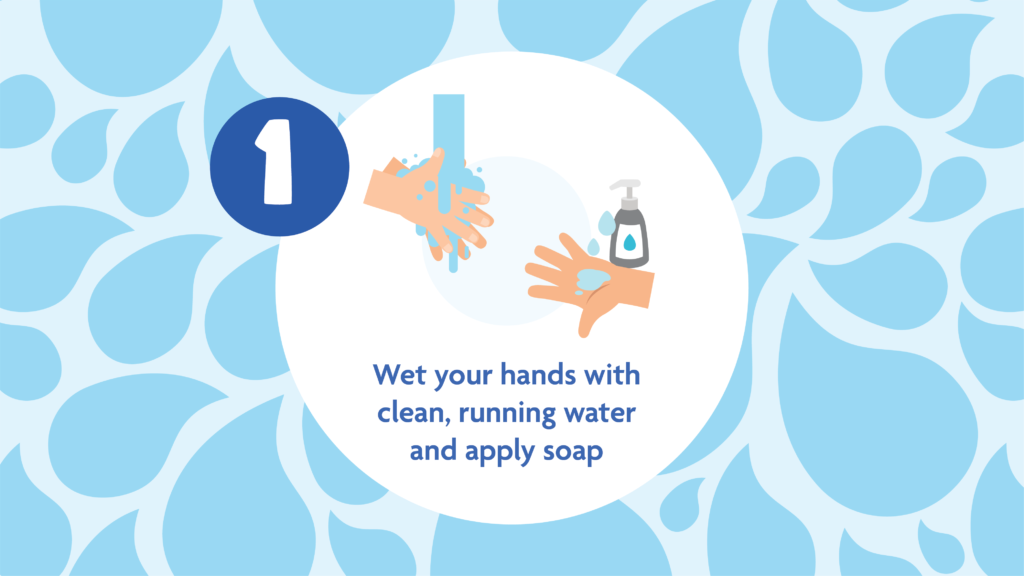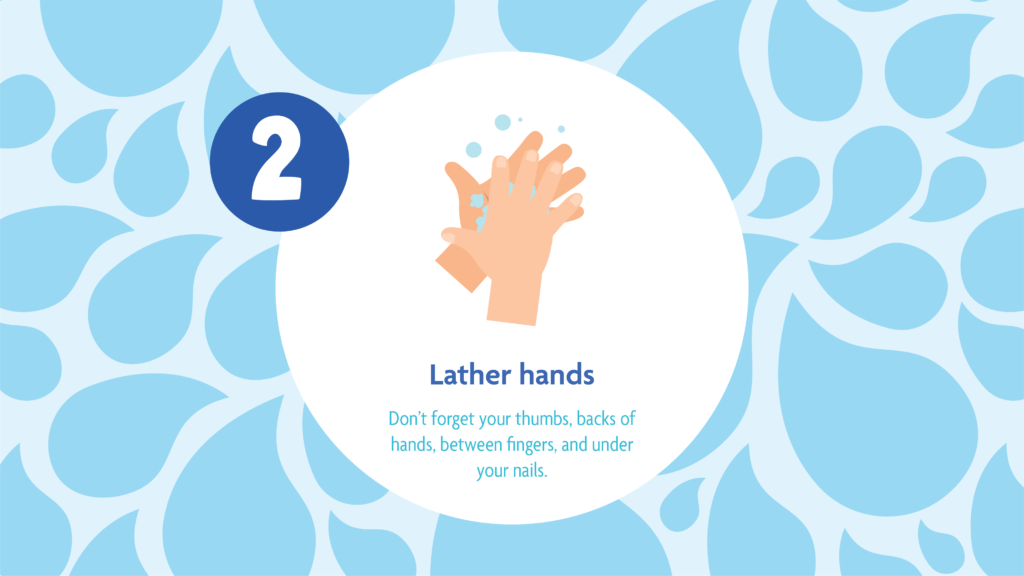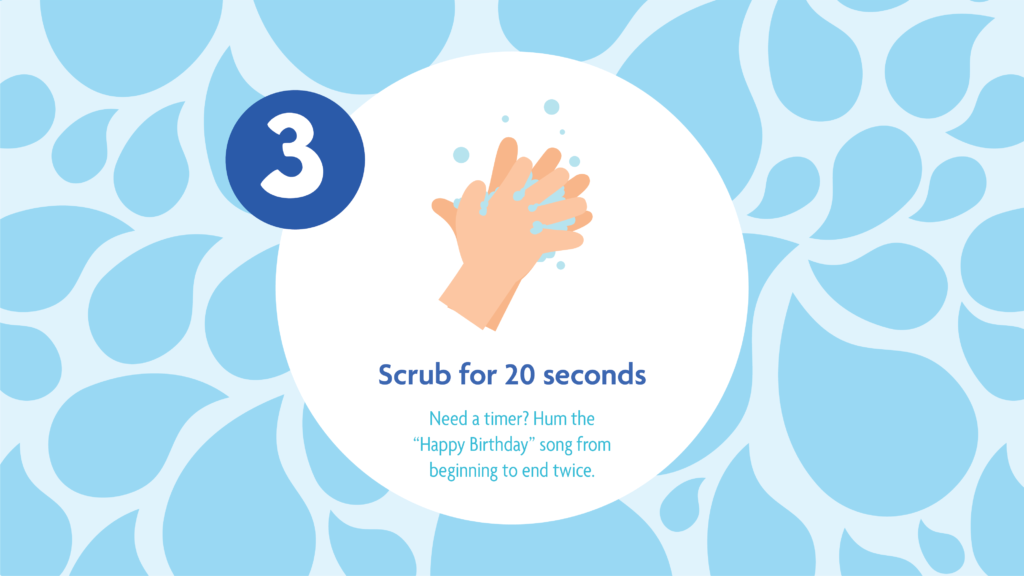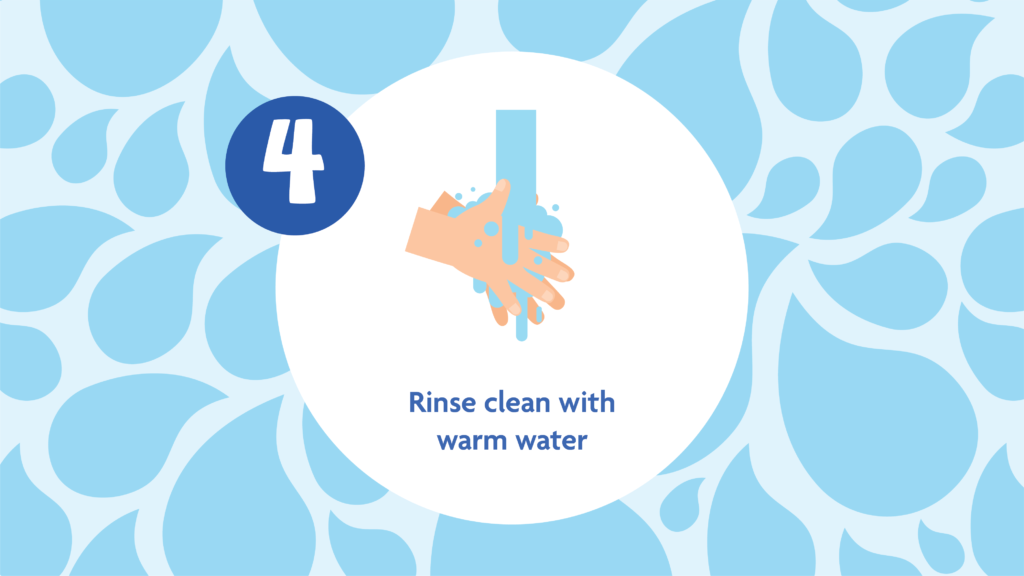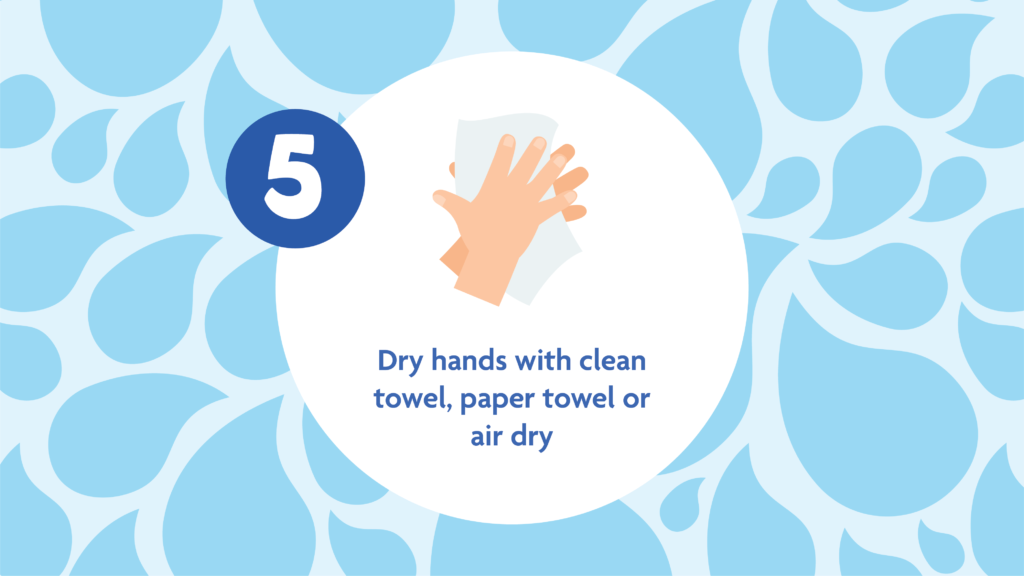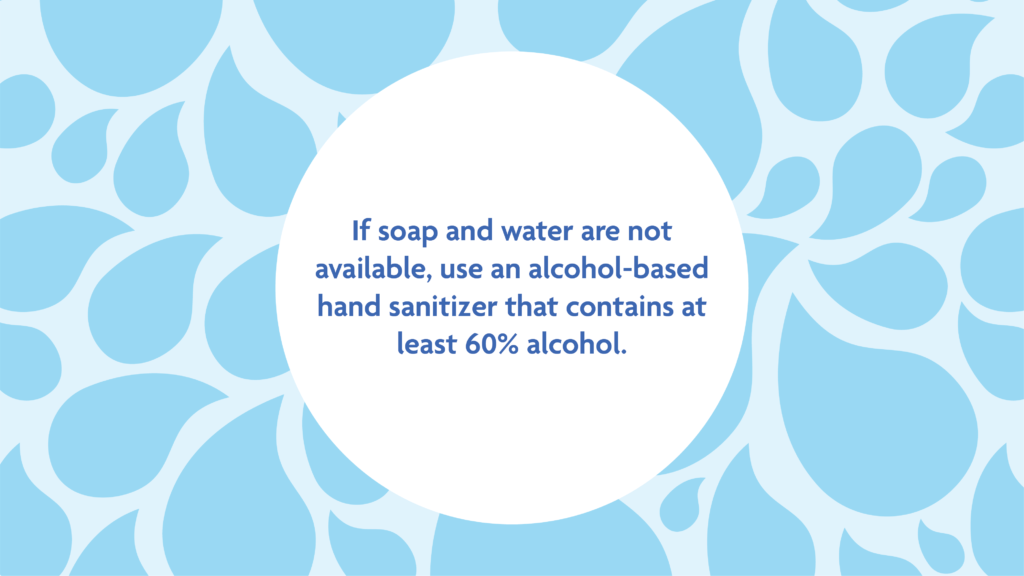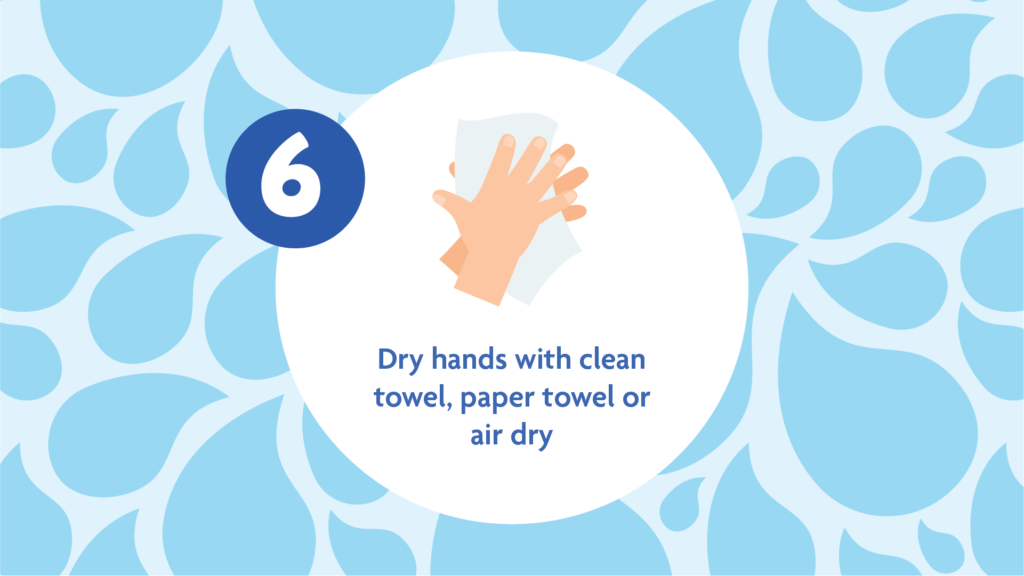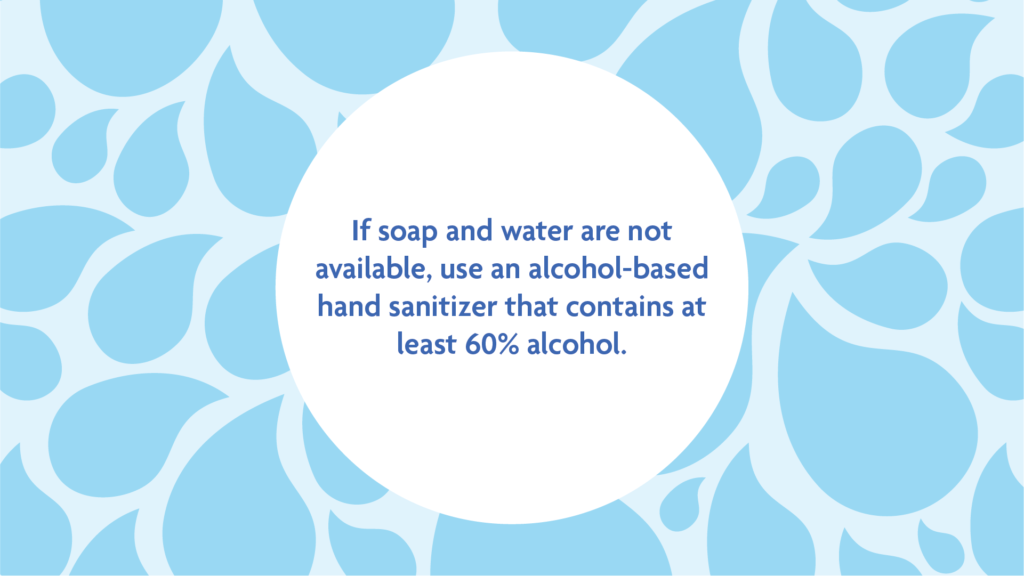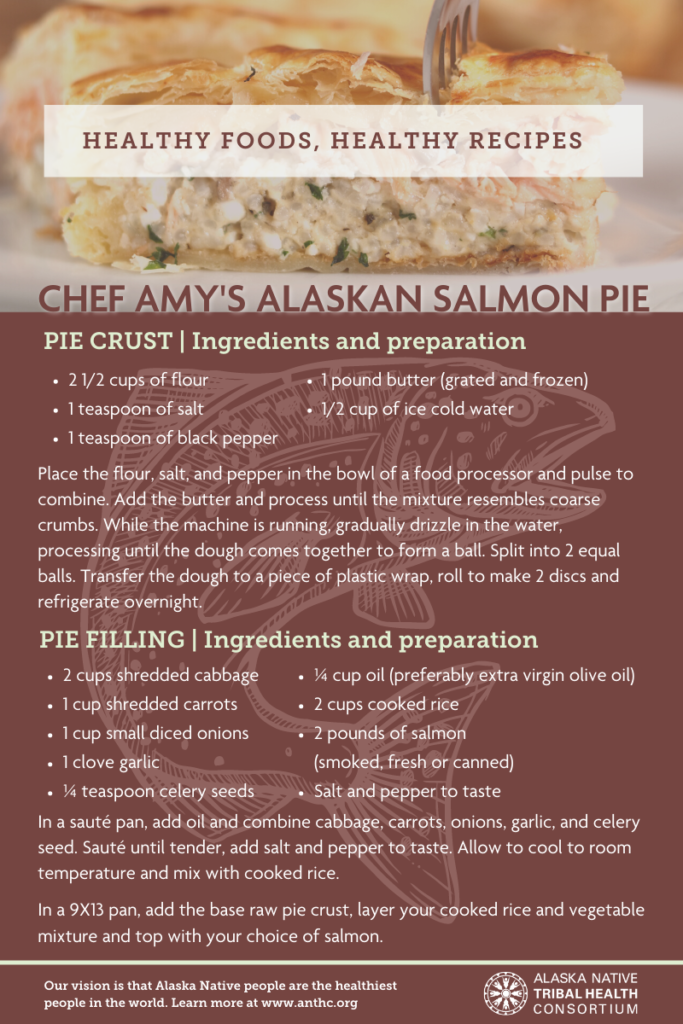Mukluk Telegraph Fall 2021
Click to jump to a story:
ANMC Walk-in Clinic: Available for immediate care needs
The Walk-in Clinic at ANMC is for patients of all ages who have an illness or injury that needs immediate care but are not experiencing a medical emergency. Open Monday-Friday from 9 a.m.-9 p.m. and on weekends from 10 a.m.-6 p.m. The Walk-in Clinic at ANMC is located on campus right across from the hospital at 3900 Ambassador Drive on the third floor.
Reasons to visit the Walk-in Clinic at ANMC:
- Cough and cold symptoms
- Cuts and minor skin infections
- Fever
- Medication refills
- Muscle strains and sprains
- Pregnancy tests and contraceptive counseling
- Sinus and ear pain and infections
- Sore throats
- Sports physicals
- STI testing and treatment
- Urinary tract infections
- Vaccinations (flu, COVID-19) and TB testing
The Walk-in Clinic is also scheduling first, second and booster COVID-19 vaccination appointments from 10 a.m.-3 p.m., Monday- Friday.
For more information, please call (907) 729-1500.
Flu vaccines help protect you and others from the flu – and help prevent additional strain on Alaska’s health care system
The flu is responsible for hundreds of thousands of hospitalizations and tens of thousands of deaths annually in the United States, according to the CDC. In Alaska, flu causes a significant impact that varies annually. For more information, please visit flu.alaska.gov.
The flu vaccine is safe and has a proven track record of reducing influenza infections. Flu vaccine greatly reduces the chances of getting the flu and helps prevent serious illness, hospitalization and death associated with flu.
Flu shots can be co-administered with other vaccines, including the COVID-19 vaccine. If you’re seeing a provider to get your COVID-19 vaccine or COVID-19 booster dose, check to see if you can get a flu shot too. Many, but not all, vaccine clinics will be offering both vaccines at the same time this year for convenience and efficiency.
Annual flu vaccination is recommended for everyone six months and older. Essential workers who encounter others outside their homes along with residents and caregivers in nursing homes and other long-term care facilities are at higher risk for flu. It takes about two weeks after vaccination for the body to build immunity against the flu.
Those at higher risk of getting severe flu disease include:
- Pregnant women and children under five years of age.
- People 50 years and older.
- Adults and children who have chronic medical conditions like lung disease, asthma, heart disease, diabetes, neurologic disorders, and weakened immune systems, or those who are extremely obese.
- Alaska Native people and other racial groups who are disproportionally affected by chronic medical conditions that can increase the risk for severe flu or COVID-19.
T-SHIP: A new path to health care for American Indian and Alaska Native people
Many American Indian and Alaska Native people qualify for health insurance through Medicaid, Denali KidCare and now the Tribally-Sponsored Health Insurance Program (T-SHIP). You may also be wondering if you should sign up for the Marketplace. The answer is yes, because with health insurance you can help expand access to care and treatments at our Tribal health care facilities.
In response to the COVID-19 pandemic, T-SHIP expanded eligibility and now covers more people. IHS-eligible individuals who don’t have insurance coverage can find out if they can get health insurance coverage, too.
Here are four things to know:
- T-SHIP coverage will not cost you anything. ANTHC pays the premium and Alaska Native and American Indian people do not have to pay any co-payments or deductibles when they are seen or referred by Tribal health facilities.
- Health insurance can help make more services available for you and all Alaska Native and American Indian people. Health insurance can also help you receive medical care when you are traveling or away from Tribal health facilities. You will always first and foremost be a beneficiary of Indian Health Services, Tribal hospitals and health clinics throughout Alaska and the United States.
- Your coverage will start the first of the month after you enroll in a plan. For example, if you enroll anytime in March, your coverage will start on April 1.
- Getting help to enroll is easy. Contact our Alternate Resources or Family Health Resources at https://www.anthc.org/tship.
October is Domestic Violence Awareness Month
We recognize Domestic Violence Awareness Month in October. It is a critical time for anyone facing domestic and sexual violence to know you are not alone.
ANTHC’s Domestic Violence Prevention Program partners with multiple statewide and regional partners to identify resources for the help you may need. Visit our website to see resources available in your region: www.anthc.org/notalone
If you are in need of immediate assistance, call the domestic violence crisis line at 800-799-SAFE (7233) or 911.
November 18 is the Great American Smokeout
The novel coronavirus (COVID-19) is a disease that affects the respiratory system, which primarily includes your lungs and your ability to breathe.
Smokers and people using vape pens or e-cigarettes may have less efficient lungs and may be hit harder by breathing issues resulting from the virus. ANTHC and the State of Alaska have resources available for quitting smoking, vaping and other tobacco product use. Contact the Alaska Tobacco Quit Line at 1-800-QUIT-NOW (1-800-784-8669) to learn more about free services for quitting tobacco, including over the phone and virtual consultation.
Considerations for people using tobacco products:
- Smoking and vaping harms lung function, putting people at greater risk for complications related to COVID-19.
- Smoking and vaping increase the risk for respiratory infections, and is a major cause of chronic obstructive pulmonary disease, heart disease and diabetes. These factors put people who smoke at greater risk when confronted with the coronavirus.
- Smoking and vaping may lead to preexisting but undiagnosed lung conditions, that can make recovery from respiratory illnesses, such as COVID-19, more difficult.
The good news is that once you quit using tobacco products, your lungs and other organs can begin to heal themselves. There has never been a better time for smokers to quit and for individuals to protect their health by avoiding use of all tobacco products, including e-cigarettes
Since the 1970s, the American Cancer Society has inspired people to quit tobacco through the Great American Smokeout (GASO). Every year, GASO is celebrated on the third Thursday of November, which falls on Nov. 18 this year. Quitting tobacco whatever it may be, smoking, chew or iqmik is hard. For some, even thinking about quitting is far from the top of the priority list. Research has shown that 70% of people who smoke want to quit and that people who try to quit are more successful when they have support. Thousands of people across the country take part in GASO every year and the American Cancer Society provides the support and resources to help those who are ready to quit. For additional information on the Great American Smokeout visit here.
Join us!
Talk to your health care provider about quitting tobacco. You can also contact the ANTHC Tobacco Cessation program at (907) 729-4343 or the Alaska Tobacco Quit Line at 1-800-QUIT-NOW (1-800-784-8669) to learn more about free services when you are ready to quit.
Traveling out of state? Learn about the Purchased Referred Care Travel Program
ANMC Purchased Referred Care (PRC) offers limited benefits to eligible Alaska Native and American Indian beneficiaries to help with emergency medical care while traveling outside of Alaska.
Patients who meet ANMC’s eligibility criteria and residency requirements qualify. To meet residency requirements, the individual must not have been absent from Alaska for more than 180 days; and intend to live in Alaska indefinitely. Individuals who move back to Alaska must live in Alaska for at least 180 days, with the intent to remain indefinitely.
Other criteria for eligibility include proof of Tribal enrollment or descent. Legal dependents of beneficiaries, including foster children, adopted children, and non-beneficiary women who are pregnant with an Alaska Native or American Indian man’s child are also eligible and additional documentation is required (birth certificate, marriage certificate, or other document establishing paternity).
If you are moving, ANMC PRC is only able to provide coverage for emergent medical services for 180 days from the date you left Alaska.
There are exceptions for certain locations in Alaska, so please contact your local PRC office if your permanent or last place of residency is in the service areas of the Tanana Chiefs Conference, Ketchikan Indian Community, Metlakatla Indian Community or SouthEast Alaska Regional Health Consortium.
The traveler program may help patients cover the cost of emergency medical care while traveling outside of Alaska, including traveling outside of the United States. An emergency is defined as any medical condition for which immediate medical attention is necessary to prevent the death or serious impairment of the health of the individual.
Services not covered include: non-emergent care, routine care, dental care, medications purchased while traveling, inpatient and outpatient mental health services, or inpatient and outpatient substance abuse services.
What do I need to do prior to travel?
Prior to your travel verify if there is an Indian Health Service (IHS) or Tribal facility close to where you are traveling. If an IHS or Tribal facility is not available for emergencies, seek care at the closest medical facility. To find the nearest IHS facility, visit www.ihs.gov/locations.
PRC is payer of last resort. If you have health insurance coverage, it is your responsibility to provide that information to the provider and PRC. It is your responsibility to take care of routine medical needs such as immunizations, physicals, and medication refills prior to travel.
The patient or the patient’s family has the responsibility to notify ANMC PRC within 72 hours, including weekends and holidays, after receiving medical treatment. If you are traveling out of the United States, you may be required to pay for the emergency medical care upfront. Notify ANMC PRC within 72 hours and provide the receipts.
Supporting documents required include medical bills (patient statements), medical records, flight itinerary or boarding pass, and proof of eligibility within 30 days of receiving medical treatment for all out-of-state medical care received. It is the patient’s or their family’s ultimate responsibility to ensure PRC receives all claims and applicable health insurance information in a timely manner.
Your request for coverage will not be reviewed until all necessary documentation is received to determine if you are eligible for PRC services and care that meets the criteria for a medical emergency. Coverage may be approved or denied based on the documentation. Federal regulations mandate that PRC is the payer of last resort. You may be contacted for health benefits screening or to verify primary insurance coverage.
If you are moving outside of the state of Alaska, register and utilize the services available at the closest IHS or Tribal facility. There is no guarantee that you will be eligible to receive services at any of those facilities because each area has its own local eligibility policies.
For questions regarding ANMC PRC’s Traveler program or to provide your 72-hour notice, call the office at (907) 729-2470 or toll-free at 1-800-478-1636. If the office is closed, leave a detailed message and include the patient’s name, date of birth, and contact phone number.
You may also go to https://anmc.org/patients-visitors/prc/#contact and submit an online message to ANMC PRC. For a full list of who and what is covered, please visit https://anmc.org/patients-visitors/prc/.
Human Trafficking Awareness Campaign
Bringing awareness to Human Trafficking in Alaska
Alaska Native youth are disproportionately affected by human trafficking. A Loyola University report found that homeless youth in Anchorage were being trafficked at a rate of nearly 30% – a higher rate than any other city studied, including New York and New Orleans. Nearly 45% of trafficked youth identified were Alaska Native. This information is shared by the Alaska Native Justice Center and ANTHC is helping bring community education and awareness to the issue.
Just knowing that human trafficking in Alaska happens is a surprise to most people. Recently, ANTHC promoted public service announcements across the state that help Alaska youth know about the risks of human trafficking and social media luring.
Since 2007, the National Human Trafficking Hotline has received 86 case reports of human trafficking in Alaska, however, only 16 reports have been made by victims and survivors. If you or someone you know is in need of immediate assistance, call the hotline at 888-373-7888, or text 233733, or 911. The crisis line is open 24/7 and is confidential. For more information about the hotline, visit: https://humantraffickinghotline.org/.
What is human trafficking?
Human trafficking is a crime that involves exploiting a person for labor, services or commercial sex.
The Trafficking Victims Protection Act of 2000 defines human trafficking as:
- Sex trafficking where a person is induced by force, fraud or coercion.
- The recruitment, harboring, transportation, provision, or obtaining of a person for labor or services by force, fraud or coercion.
Help is available when you need it. ANTHC’s Domestic Violence Prevention Program works with multiple statewide and regional partners to identify and promote resources for victims of human trafficking to get the help they need.
Statewide Resources
- ANTHC Stop Human Trafficking webpage: anthc.org/stophumantrafficking/
- ANTHC Domestic Violence Prevention Regional Resource Guide: anthc.org/notalone
- Alaska Institute for Justice (907) 279-2457
- Alaska Native Justice Center (907) 793-3550
- Covenant House Alaska (907) 272-1255, 24-hour hotline
- Standing Together Against Rape (STAR) (907) 276-7273, 24-hour hotline
- Garden of Roses: The Garden of Roses – Camp for Girls offers a healing space through traditional values for Alaska Native girls ages 8 to 17 who are survivors of sexual abuse.
- For more information, please contact the ANTHC Domestic Violence Prevention Program at dvprevention@anthc.org or (907) 729-3795.
Hand washing health reminders
Here are 5 steps that are suggested as the best ways to clean your (and your kiddos) hands to help wash cold viruses, the flu and COVID-19 away.
Recipe + Video: Alaskan Salmon Pie
Healthy eating and food security are important building blocks of health. The Consortium helps promote the knowledge and use of traditional foods and traditional ways that support Alaska Native health.
For this Fall 2021 edition of the quarterly Mukluk Telegraph, we have a special surprise! In addition to our seasonal theme recipe, we have ANMC’s Chef Amy to show you how to make her infamous, delicious and comforting salmon pie! Download and print the recipe then watch the video whenever the cooking feeling strikes!



